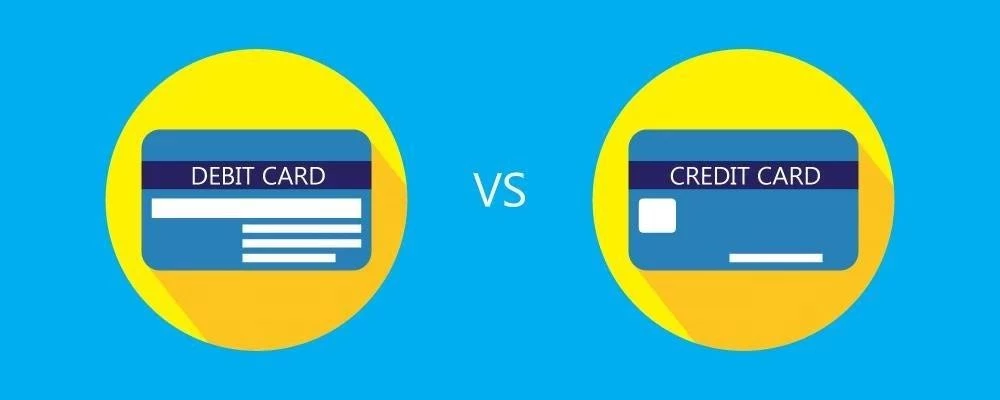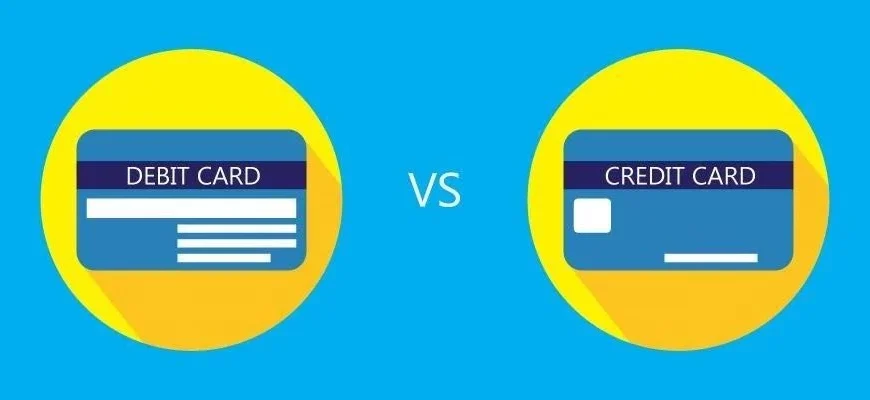In today’s digital age, debit and credit cards have become an essential part of our daily financial transactions.
Both types of cards offer convenience, security, and ease of use, but they serve distinct purposes and have different implications for our financial well-being.
Understanding the difference between debit and credit cards is crucial for making informed, smart financial decisions.
1.1 What are Debit Cards?
A debit card is a type of payment card that deducts money directly from your checking account when making a purchase.
It’s linked to your account, and the funds are withdrawn in real-time, ensuring you can only spend what you have.
Debit cards are often issued by banks and are widely accepted at merchants, ATMs, and online platforms.
They eliminate the need to carry cash, providing a convenient and secure way to manage your daily expenses.
1.2 What are Credit Cards?
A credit card is a type of loan that allows you to borrow money from the card issuer to make purchases, pay bills, or get cash advances.
When you use a credit card, you’re essentially taking out a short-term loan, which you promise to repay, usually with interest, by the due date.
Credit cards often come with credit limits, interest rates, and fees, and may offer rewards, benefits, and incentives.
They can be a convenient way to build credit, earn rewards, and enjoy financial flexibility, but require responsible management to avoid debt.
Key Differences Between Debit and Credit Cards
Debit and credit cards may look similar, but they have distinct characteristics that set them apart.
Understanding these key differences is vital to making informed financial decisions and avoiding potential pitfalls.
2.1 Source of Funds: Debit vs Credit
One of the primary differences between debit and credit cards lies in their source of funds.
A debit card draws funds directly from your checking account, ensuring you only spend what you have.
In contrast, a credit card uses the issuer’s money, allowing you to borrow funds and repay them later, often with interest.

Pros and Cons of Debit and Credit Cards
When it comes to making informed financial decisions, understanding the advantages and disadvantages of debit and credit cards is crucial.
Both types of cards have their benefits, such as convenience, security, and rewards, as well as drawbacks, including potential overspending, fees, and interest charges.
A thorough evaluation of the pros and cons can help you choose the right card for your financial situation and goals.








